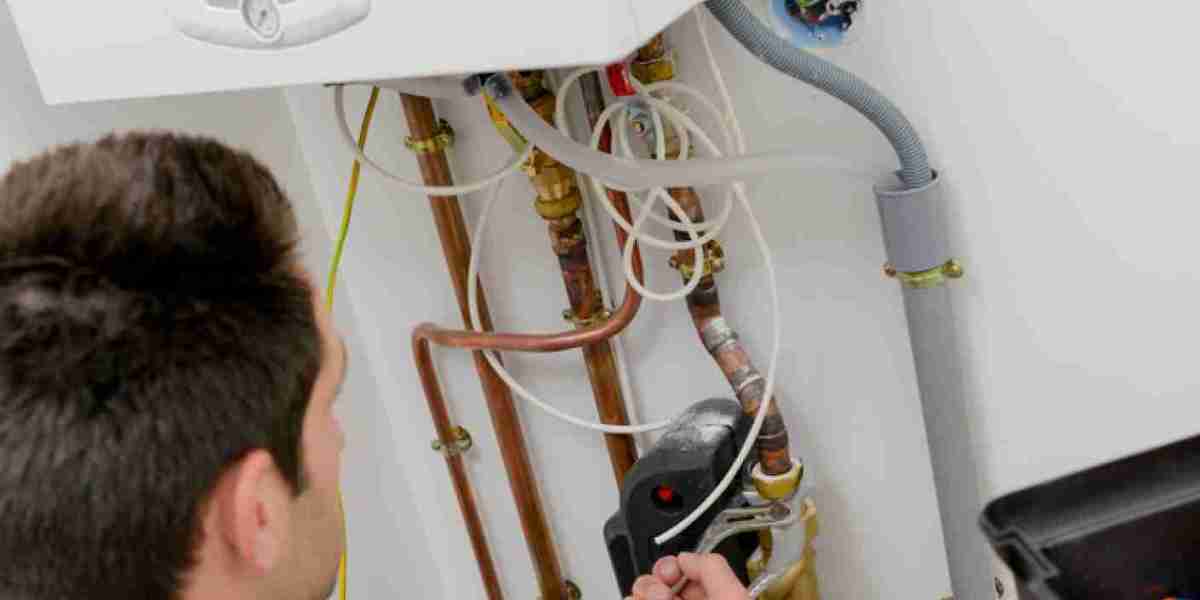Tankless boiler coils are a vital component in many modern heating systems, providing an efficient and reliable way to deliver hot water on demand. Unlike traditional systems that store heated water in a tank, tankless boiler coils use a heat exchanger to produce hot water as needed.
This guide explores how these systems work, their benefits, and key considerations for homeowners and professionals.
What Are Tankless Boiler Coils?
Tankless boiler coils are heat exchangers installed within a boiler. They work by transferring heat from the boiler’s heating element to the water passing through the coil. This process ensures that hot water is instantly available whenever required, without the need for a storage tank.
How Do They Work?
The operation of tankless boiler coils is straightforward:
Water flows through the coil when a hot water tap is turned on.
The boiler’s heating element activates to heat the coil.
Heat is transferred to the water as it passes through the coil, delivering hot water directly to the tap.
This on-demand mechanism makes the system energy-efficient, as it eliminates the need to maintain a reservoir of pre-heated water.
Benefits of Tankless Boiler Coils
Energy Efficiency
Tankless systems only heat water when needed, reducing energy consumption compared to traditional tank systems.
Unlimited Hot Water
As long as the boiler is operational, hot water is continuously available, making it ideal for households with high water demand.
Space-Saving Design
Without the need for a bulky storage tank, tankless boiler coils are compact and ideal for homes with limited space.
Longevity
With proper maintenance, tankless boiler systems can last longer than traditional storage tank systems.
Key Considerations Before Installation
Boiler Compatibility
Ensure that your boiler can accommodate a tankless coil system. Not all boilers are designed to support this functionality.
Water Demand
While tankless systems provide continuous hot water, their output capacity may be limited by the boiler’s size and efficiency. Evaluate your household’s peak water usage to determine suitability.
Maintenance Requirements
Tankless boiler coils require regular descaling and cleaning to prevent mineral buildup, especially in areas with hard water. Neglecting maintenance can reduce efficiency and lifespan.
Installation Costs
While the long-term energy savings are significant, the initial installation cost of tankless boiler coils may be higher than traditional systems.
Common Issues and Solutions
Mineral Buildup
Hard water can cause scale deposits in the coil, reducing efficiency. Regular descaling helps maintain performance.
Insufficient Hot Water
If the system struggles to meet demand, it may indicate an undersized boiler or coil. Consulting with a professional can resolve sizing issues.
Fluctuating Water Temperature
Inconsistent water temperature could be due to a malfunctioning thermostat or insufficient boiler capacity. Routine maintenance can often address these problems.
Who Should Consider Tankless Boiler Coils?
Tankless boiler coils are ideal for:
Homes with moderate to high water usage.
Properties where space is limited.
Homeowners seeking energy-efficient solutions.
Environments with access to a compatible boiler.
Final Thought
Tankless boiler coils offer an efficient, space-saving, and reliable solution for hot water needs. By understanding their functionality, benefits, and maintenance requirements, homeowners can make informed decisions about whether this system suits their needs. With proper installation and care, tankless boiler coils can deliver long-term savings and convenience, making them a valuable addition to modern heating systems.




